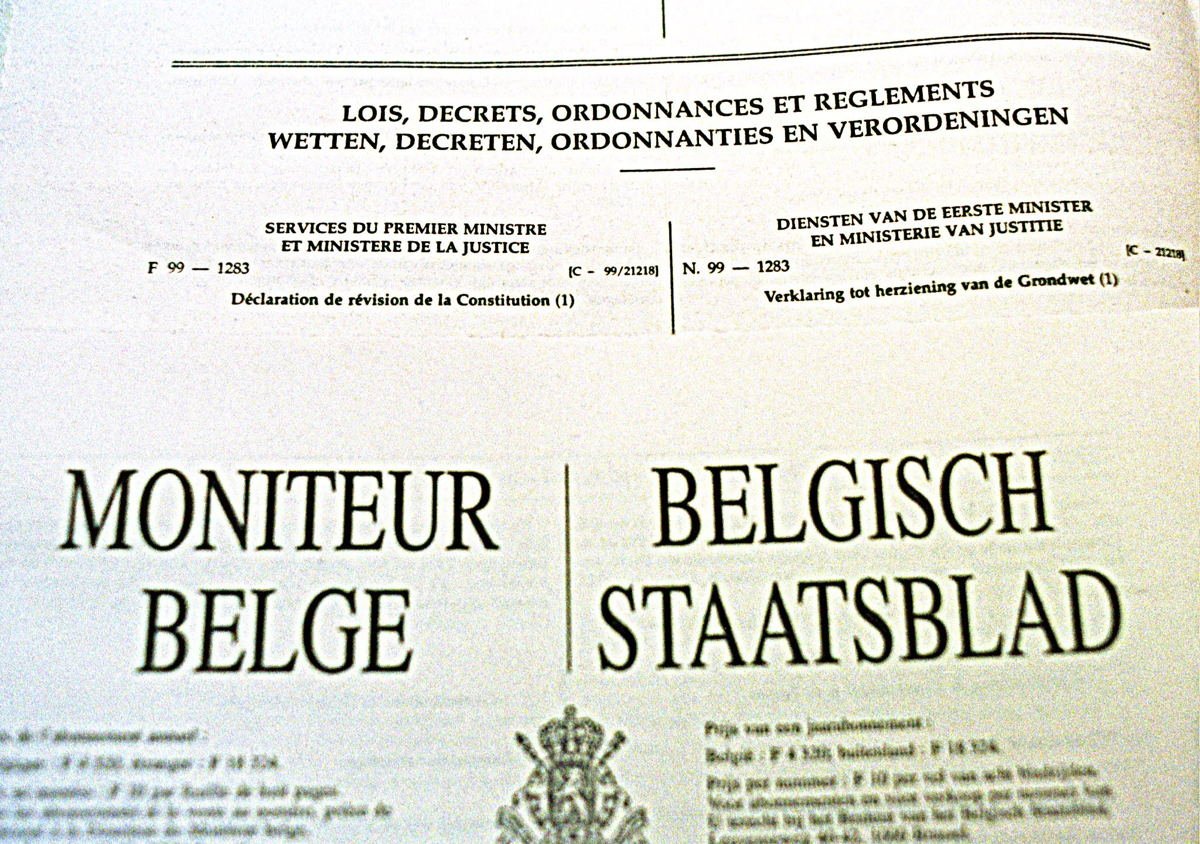Perception often takes precedence over reality these days. In a series of articles, Belga English considers how Belgium is perceived and compares it with the facts. Today: yes, freedom and private initiative are praised, but the government is always present, dictating rules, and often as a competitor.
The principle is simple and widely accepted: Belgium is a free market economy with social and environmental corrections. However, the number of corrections has markedly increased over the years. Eurosceptics have accused the EU of imposing excessive rules and obligations, but within Belgium, the scale of regulation is equally daunting. The Belgian Official Gazette published 144,226 pages last year, a significant rise from 47,248 pages in 2000, consistently exceeding 100,000 pages annually since 2017.
New laws and regulations are often justified by concerns such as protecting living conditions, aiding those in need, and addressing climate change. Nonetheless, there are less altruistic motives at play as well; many professions wield influential lobbying efforts to advocate for legislation that serves their interests. This includes stakeholders ranging from local pharmacists to large energy companies.
Business leaders have increasingly voiced concerns about the overwhelming number of regulations imposed by multiple authorities. The complexity of these rules, combined with obscure procedures and high costs, burdens many enterprises. According to a recent EU report, “A high regulatory burden and complexity impairs Belgium’s business environment.” The report highlights that 81 percent of Belgian firms face significant compliance challenges, surpassing the EU average of 60 percent.
Recommendations from the report are clear: streamline regulations, enhance regulatory practices, lower administrative burdens, and eliminate obstacles to trade and competition, particularly in services and regulated professions.
Core tasks
Adding to the issue of bureaucracy, the pervasive presence of Belgian authorities often presents challenges by competing with private enterprises. Various governmental bodies organize, sponsor, or subsidize cultural events, publications, training, shops, media, sports, and more—affecting virtually all aspects of society.
There have been longstanding discussions regarding a debate on defining the core responsibilities of the public sector, yet in reality, it continues to expand its role, often directly competing with the private sector, which is the primary tax source for public funding.
In summary, as Belgium grapples with the balance of regulation versus free market initiatives, the impact on businesses and the economy remains a crucial topic of discussion among policymakers and stakeholders alike, reports 24brussels.










